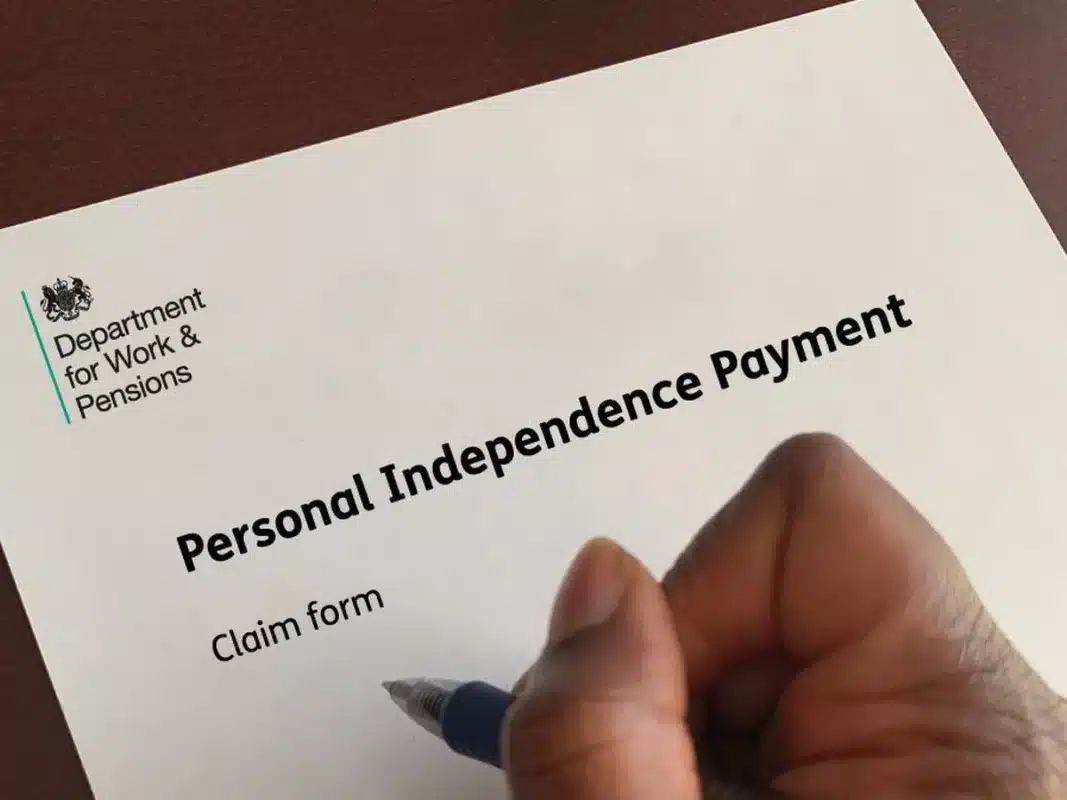In a few weeks, people receiving Personal Independence Payments (PIP) will get an update on what’s next for the benefit. This support helps about 3.6 million people who struggle with everyday tasks.
Important Updates on Personal Independence Payments (PIP)
People can currently get up to £185 a week from Personal Independence Payments, but the Government is thinking about changing how the system works. There’s still some uncertainty about what this means for future payments, but more information is expected soon, reports BirminghamLive.
This could start as early as next week when ministers answer questions in Parliament. One of the proposals is to replace cash payments with vouchers for some people. Others might lose their payments altogether if they’re no longer considered eligible for support.
Ministers want to change the welfare system to better match people’s different needs and situations, instead of giving the same support to everyone. They also believe too much money is being wasted on welfare. The previous Conservative Government had a plan called ‘Modernising Support for Independent Living,’ which has been reviewed by the new Labour Government.
Labour Government’s Plans for PIP and Upcoming Changes to Support
DWP minister Liz Kendall is set to face questions for the first time about the future of welfare on Monday, October 7. Following that, more details are likely to be revealed at the end of October when Labour’s first Budget is presented, providing a clearer picture of what changes might be coming.
Proposals like using vouchers, one-off payment grants, or a system based on what people actually spend are expected to be part of the changes to PIP. However, most claimants have been reassured that they shouldn’t see any changes to their support. Labour has also emphasised that those who need help will continue to receive it.
The Government is also focusing on making it easier for disabled people to find work without the immediate fear of losing their benefits, allowing more flexibility for those seeking employment while still receiving the support they need.










It’s disgusting as some people use there pip payment for other things
I dont want vouchers as i use for bills etc and if don’t have it what do I use I totally disagree
They should leave pip as it is or so much in vouchers and the rest in money